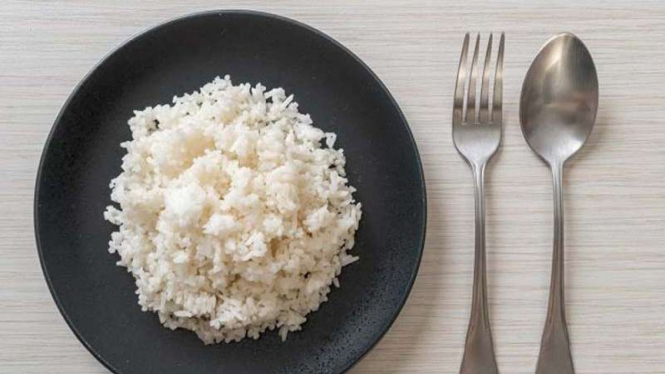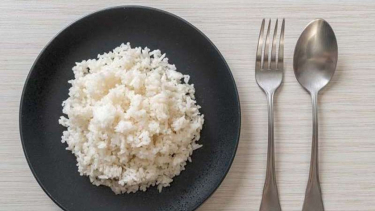Rice Consumption May Lead to Cancer Risk, Here's the Explanation
- Eat This
Jakarta – Many people in the worldwide depend on rice as the staple food. Beyond its role as a staple food, rice embodies tradition, heritage, and the warmth of shared meals with loved ones.
If rice is not cooking in a properly way, it can be dangerous for health because the rice is a source of arsenic which is a carcinogen or substance that promotes the formation of cancer. However, it is unclear whether consuming rice increases risk for some cancers.
According to recent study by the Queen's University Belfast in England, the chemical from industrial toxins and pesticides in the soil can make rice dangerous. It can even lead to arsenic poisoning in many cases.
Nasi putih.
- Eat This
There is not one but multiple studies claiming that rice is a carcinogen and promotes the formation of cancer, as reported from Times of India site.
In another study, women participated in California Teachers Study, which was started in the mid-90s to identify the possible risk factors for breast and other cancer.
A total of 9,400 participants developed cancer during follow-up, with breast and lung cancer cases being the highest.
Arsenic is a chemical present in various minerals. It is used for making industrial insecticides and pesticides. There are some countries that have a high level of arsenic in their groundwater. But if we are exposed to the chemical for a long time through food or water, it can lead to arsenic poisoning. One can experience vomiting, abdominal pain and diarrhoea and even cancer.
As per the study, rice has a high level of arsenic and thus, if not cooked properly, it can lead to health issues in future.
You do not need to give up on your favourite rice. As per the study by Queen's University Belfast, the best way to get rid of arsenic from the rice is to soak it overnight in water before cooking. When this process has followed the level of toxins was reduced by 80 percent.
First: In the first method, two parts of water and one part of rice was cooked by steaming out the water.
Second: Five parts of water were added to one part of rice and extra water was eliminated. In this method, arsenic levels are reduced to half.
Third: The rice was soaked overnight and it was found that arsenic levels went down by 80 per cent. If one does not have time, rice can be soaked just for 3-4 hours.





















